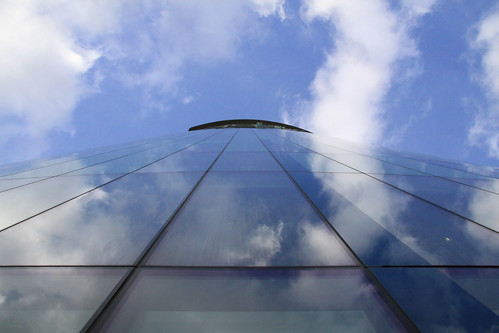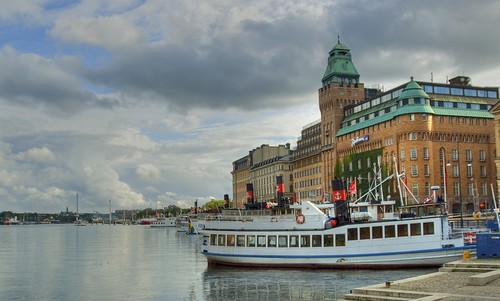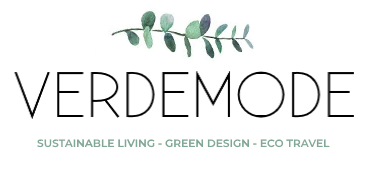 Image: ahisgett
Image: ahisgett
Among major hotel brands, the Radisson chain is setting a clear example: eco-friendly accommodations should be the norm, not the exception.
All over the world, Radisson hotels are making the switch from wasteful to watchful. Going beyond waste recycling, reusing towels and sheets, and unplugging unused appliances, several Radisson locations have instituted major new programs to merit an eco-hotel label.
The Radisson’s Eco-Friendly Initiatives
In Minneapolis, the Radisson Plaza has not only greened its guest experience, but also its event offerings. Meetings are furnished with recycled notepads and pens and fair trade coffee, and catered with menus focused on locally grown and sustainably-produced foods. The chef also only sticks to grass-fed beef and responsibly-sourced seafood.
The Radisson Hotel in Fort McMurray, Alberta, Canada, has taken their environmental mission beyond just the procedures in their hotel. Having already overhauled the hotel’s recycling, linen reusing, and utility reducing policies, the McMurray Radisson enrolled in the EcoStay Program to measure and offset more than 80 percent of their greenhouse gas emissions.
At the Los Angeles Airport — of all air-pollution-ridden places — the Radisson Hotel has earned the prestigious leadership level in the California Green Lodging Program. Awarded for meeting state criteria covering areas from waste minimization to landscaping policies and pest management to purchasing policies in a field survey, the leadership level designation was awarded to the hotel for its long-standing commitment to environmentally-friendly business practices.
 Image: FotoDawg
Image: FotoDawg
Taking the Eco Experience Even Further
In Rapid City, South Dakota, the former downtown Radisson hotel has gone so far as to break away from the Radisson chain and rebrand itself as an “Adobe Eco Hotel,” the first of a new brand out of Colorado. For their makeover, the hotel is renovating all their guest rooms with eucalyptus fiber fabric on furnishings, adopting a local, organic menu, and seeking LEED certification.
Downtown Rapid City, however, is home to two other recently renovated hotels, so some speculate that this new marketing strategy may be a ploy to differentiate the hotel from its competitors and cash in on the growing interest in eco travel. But the same could be said for the other Radisson hotels sprucing up their image, and, more broadly, any hotel that makes similar steps.
As more major hotels recognize the importance and marketing appeal of greening their operations, the trend will hopefully continue to larger and larger chains — whether the initiative saves money and increases sales or not.
Do the Radisson’s efforts to green their image make you think more highly of the brand? Or do you think they’re just looking for a way to capture new market share in the crowded hospitality market?

1 Comment